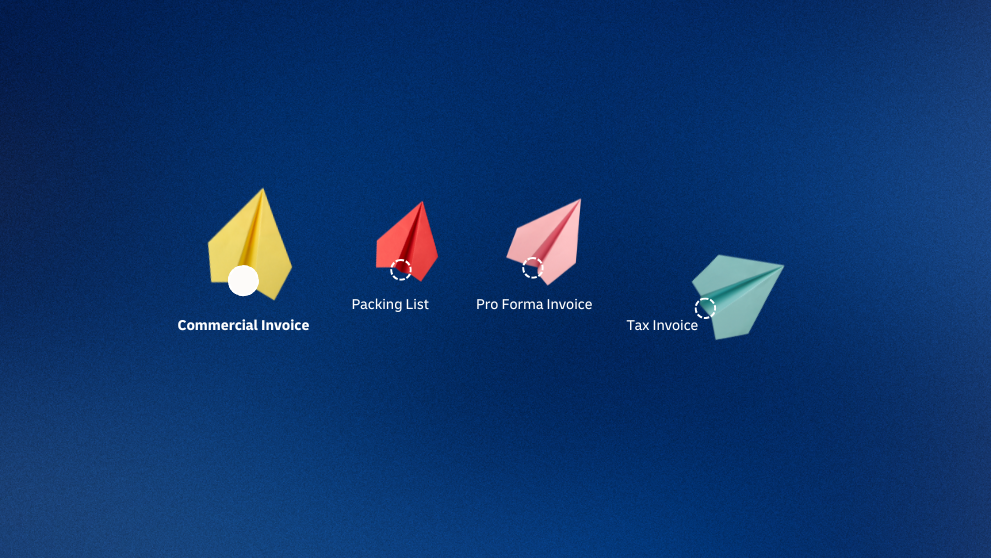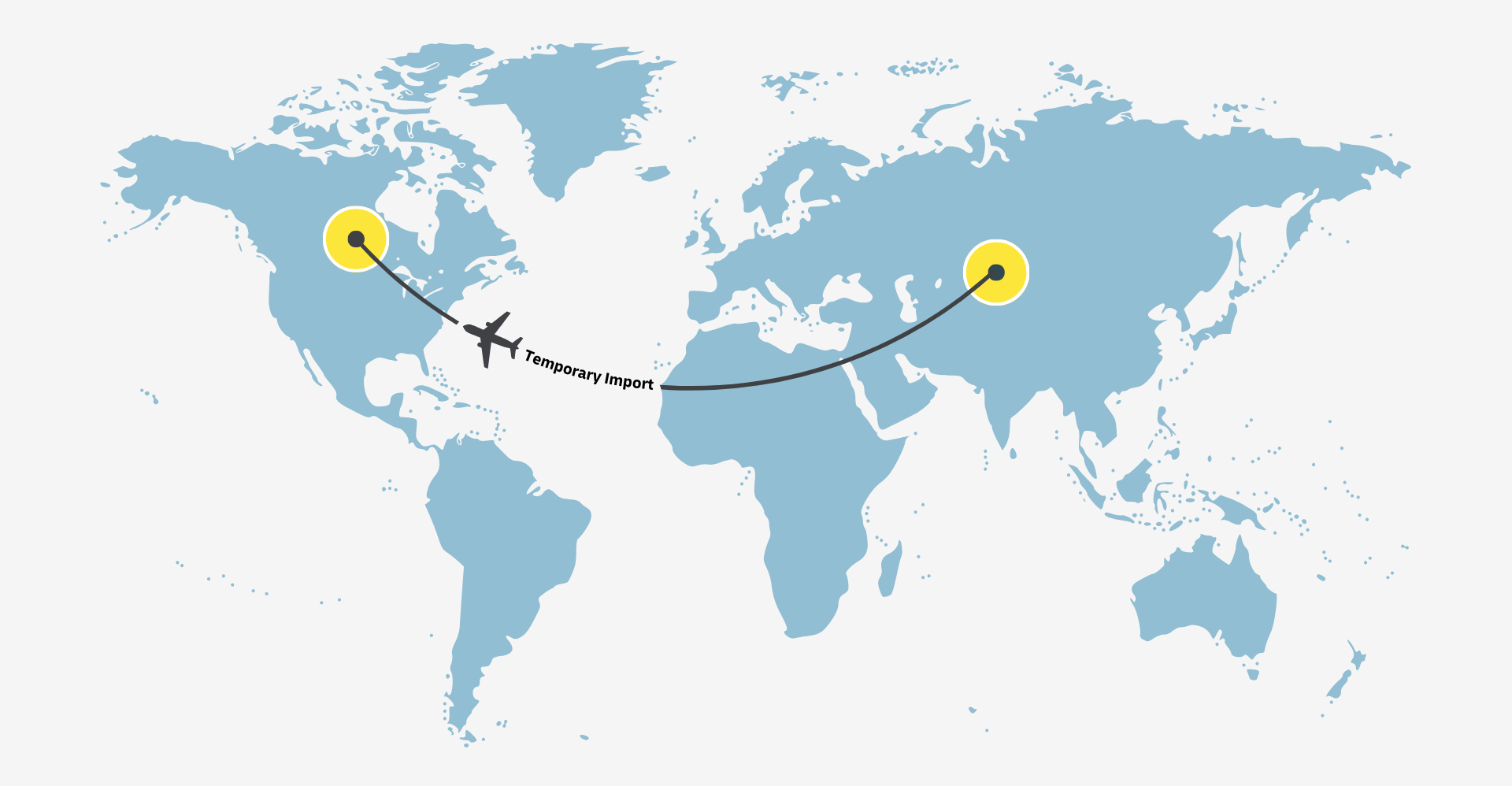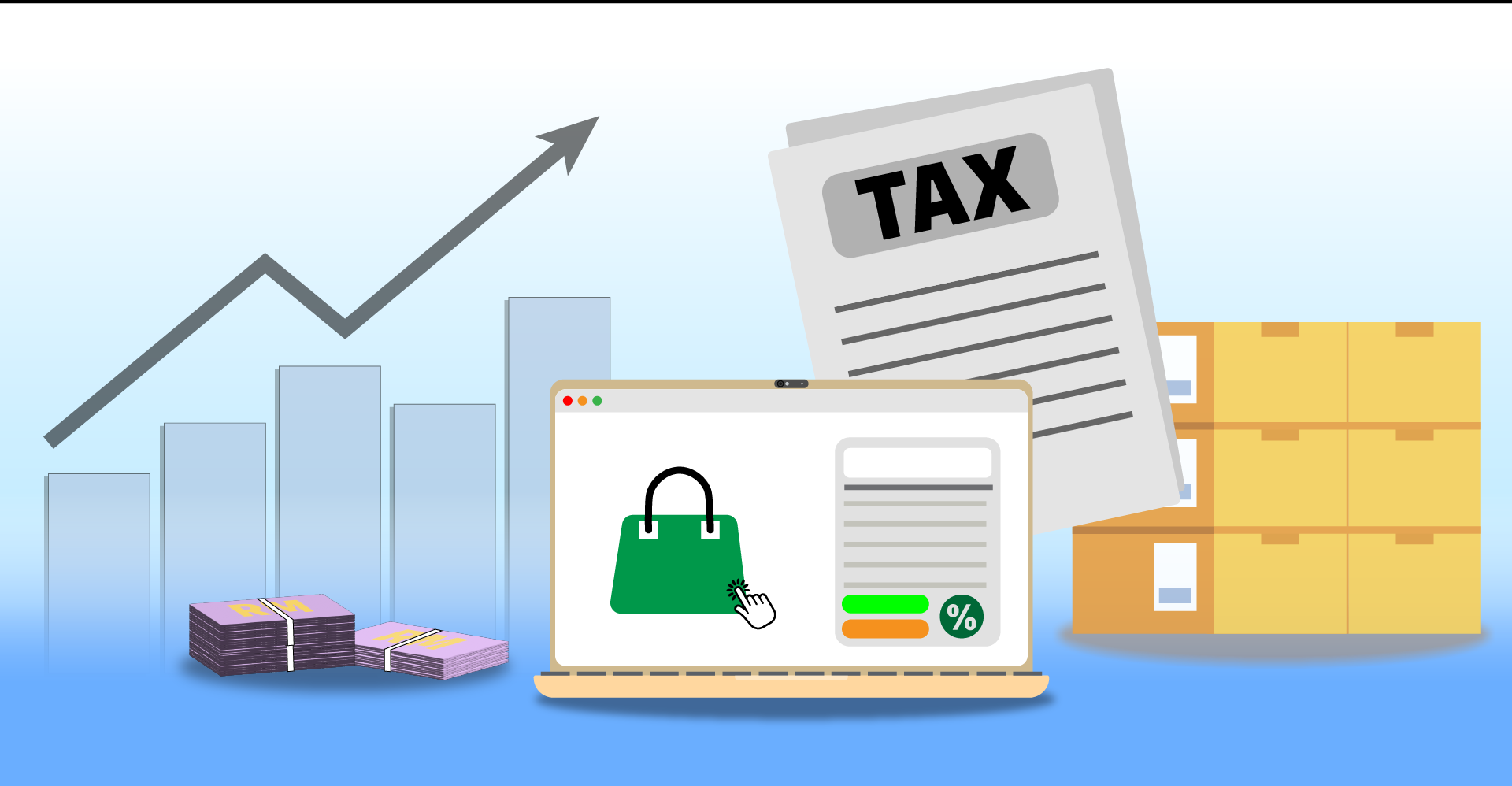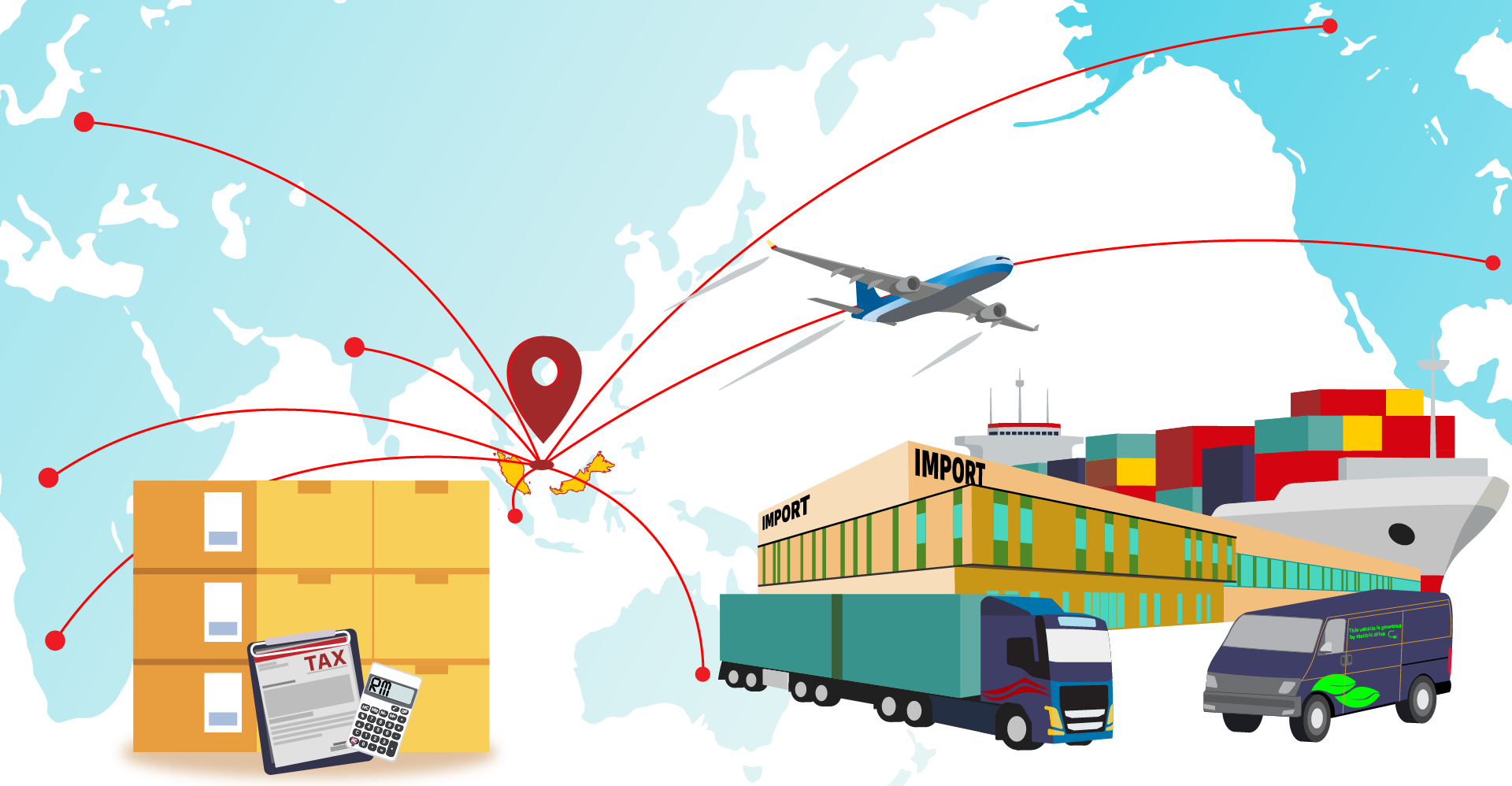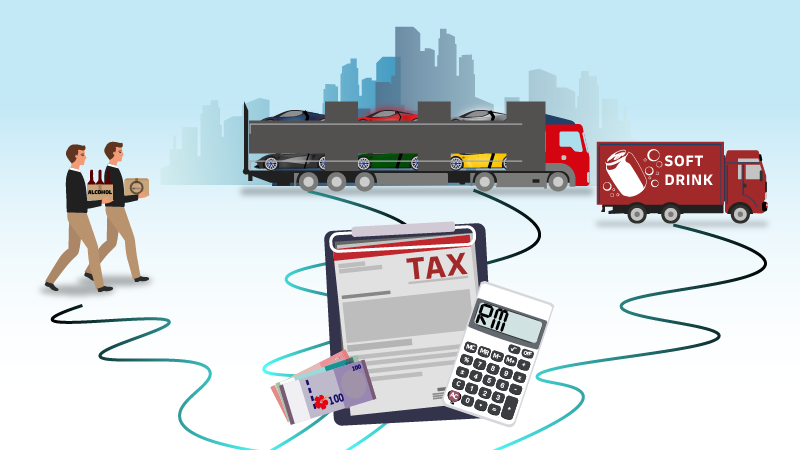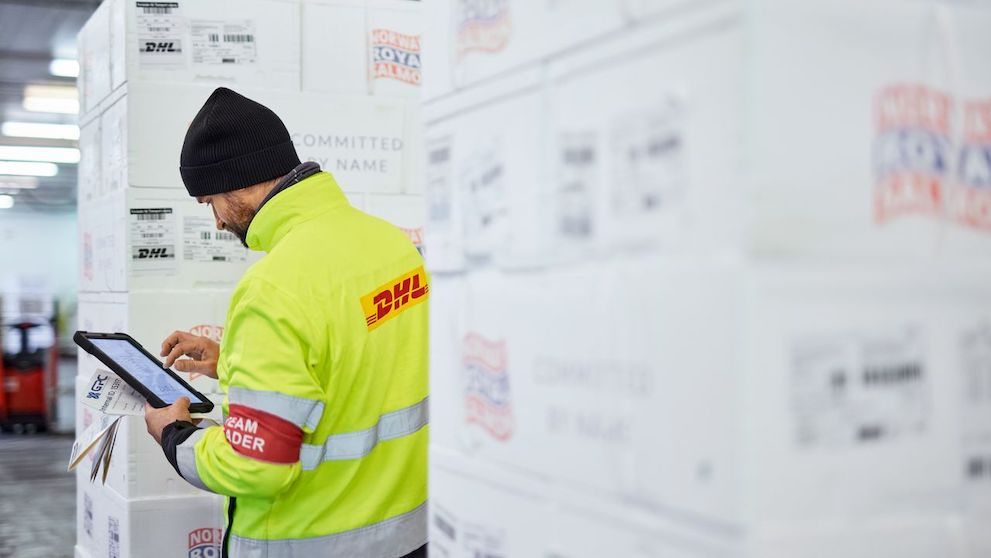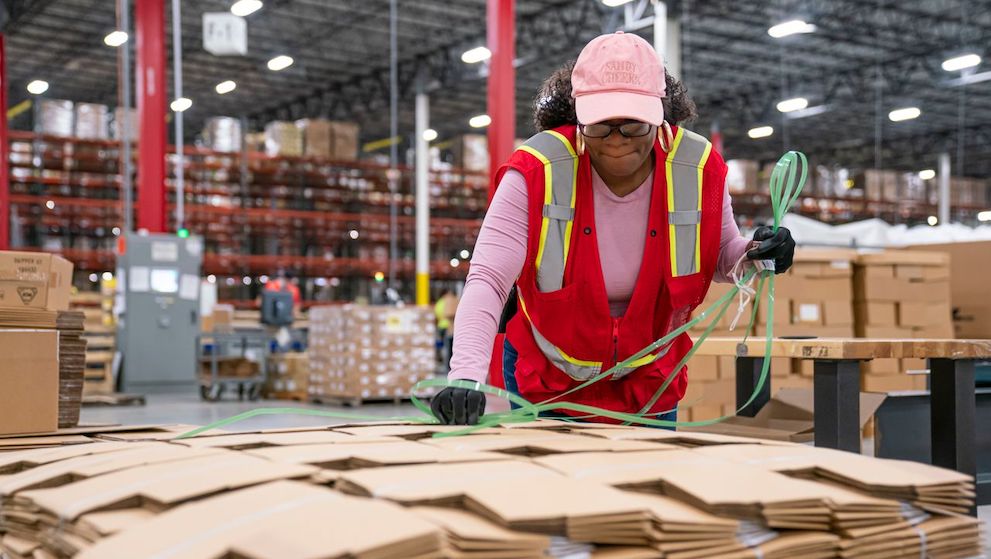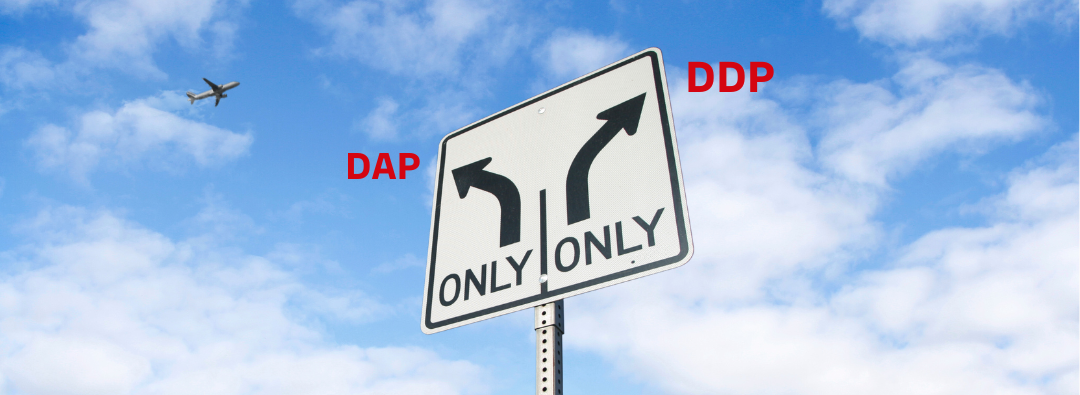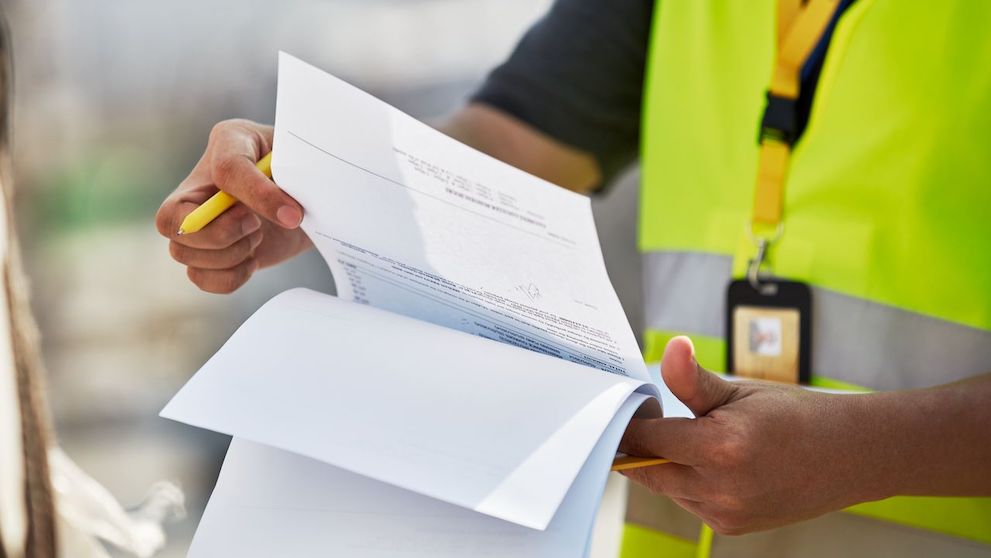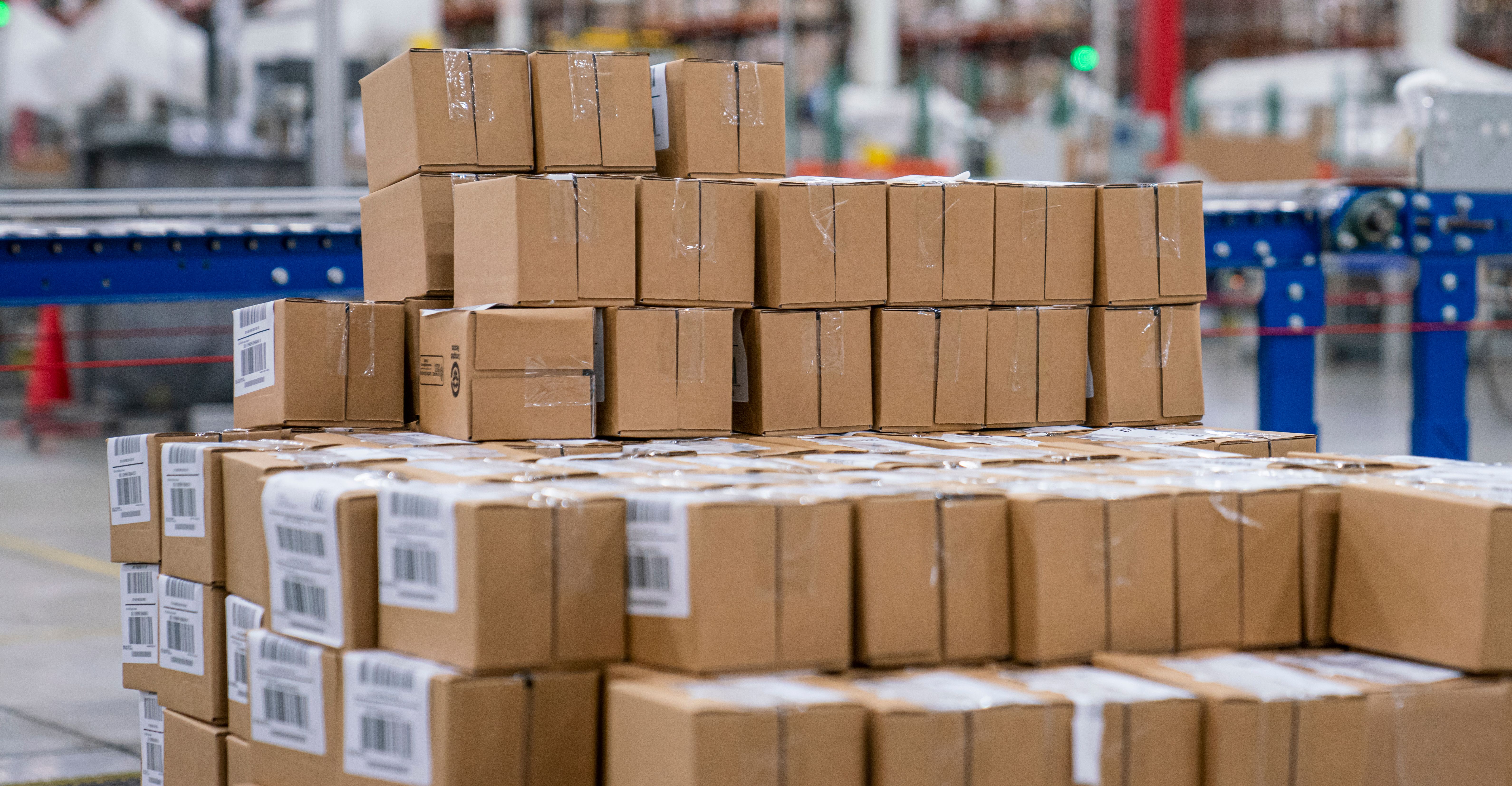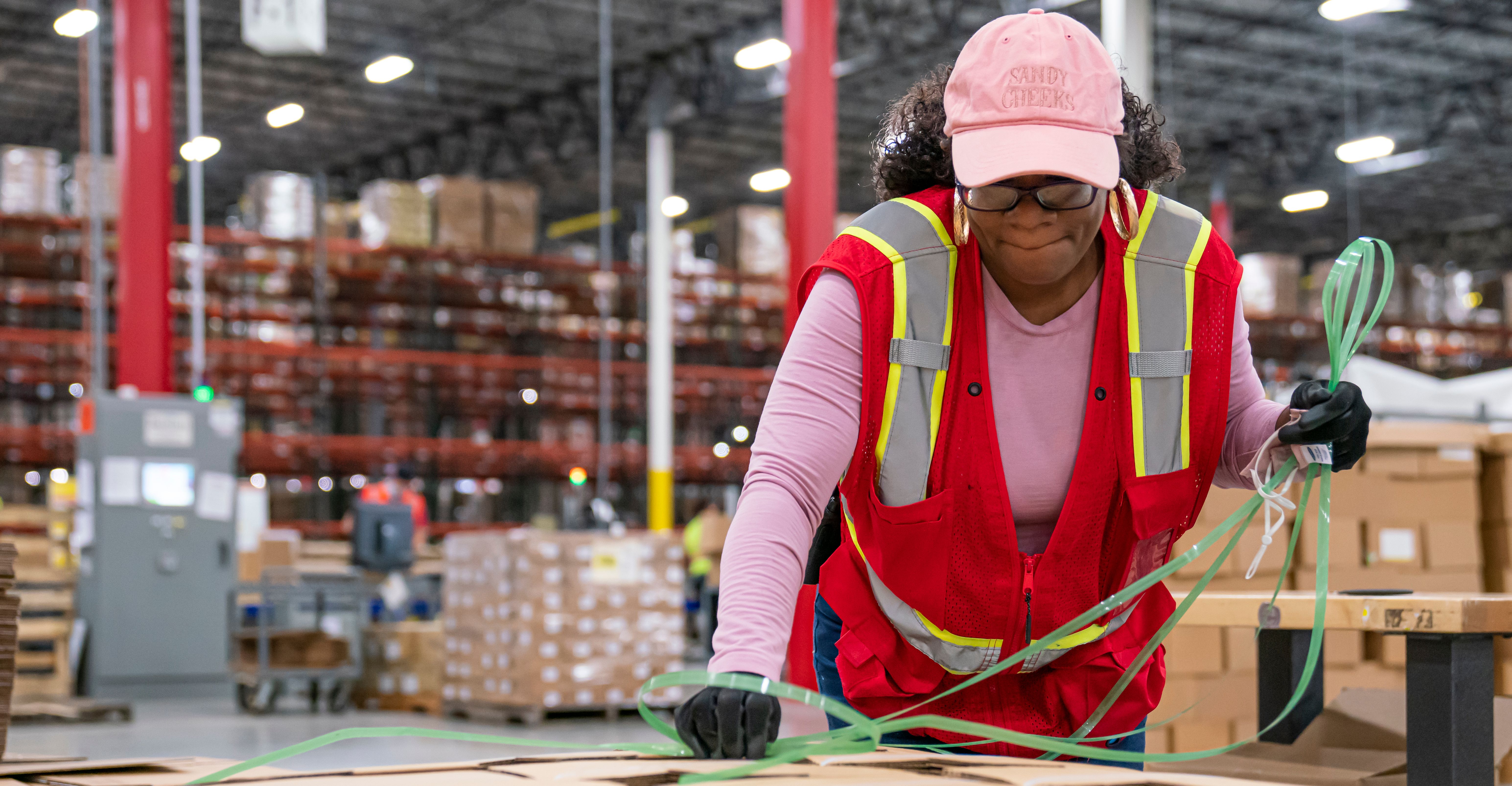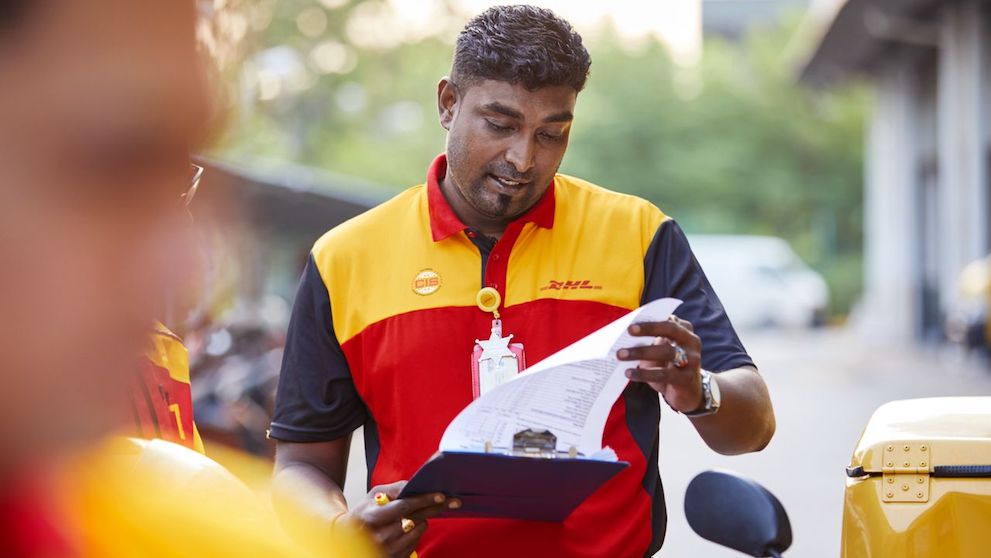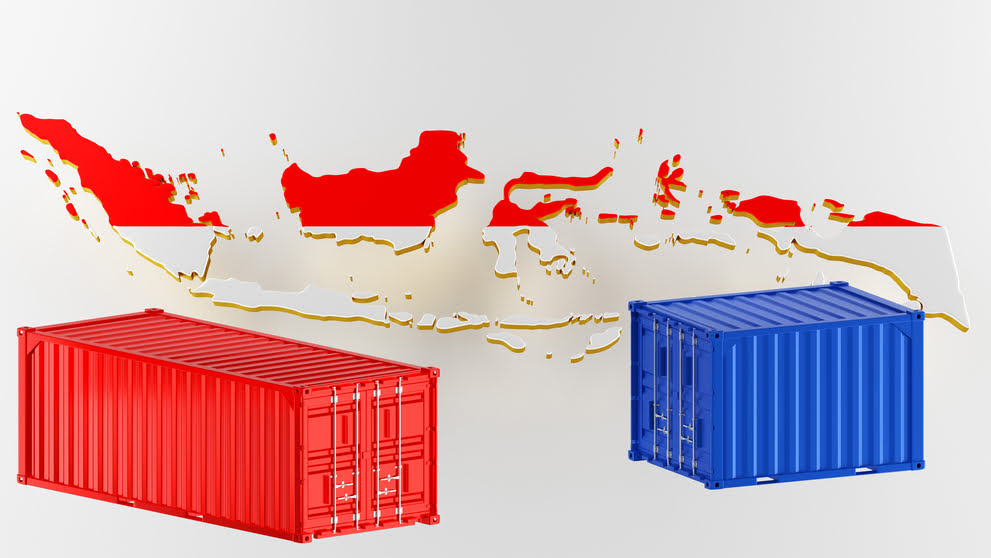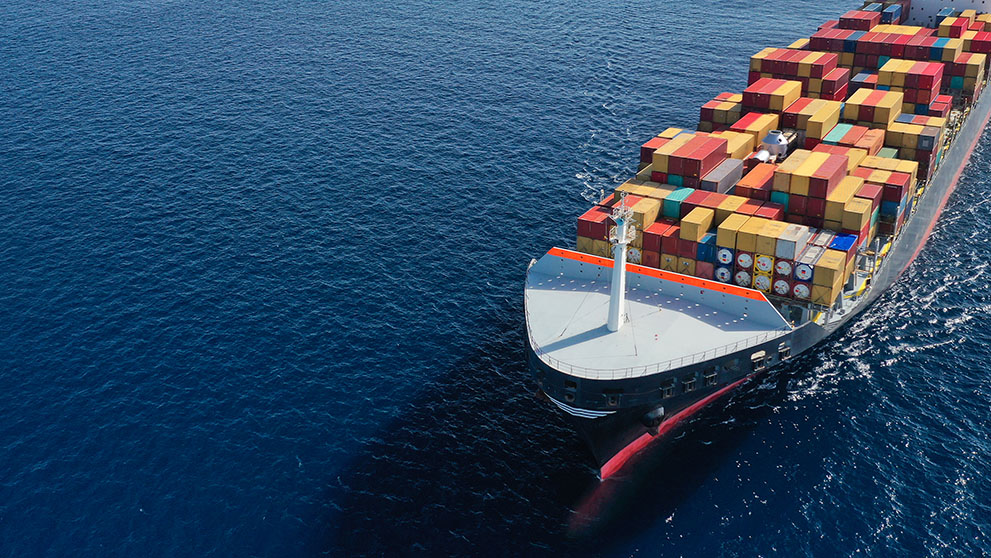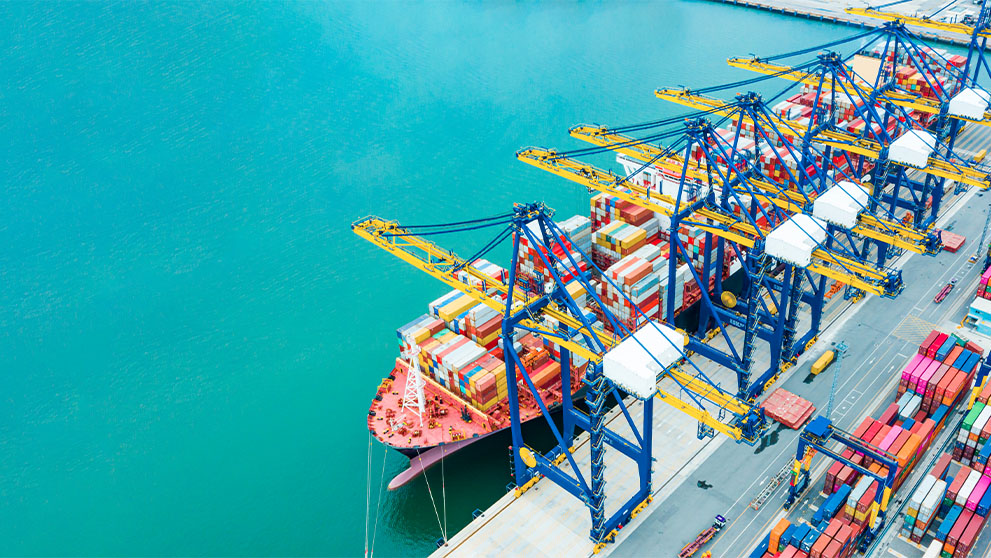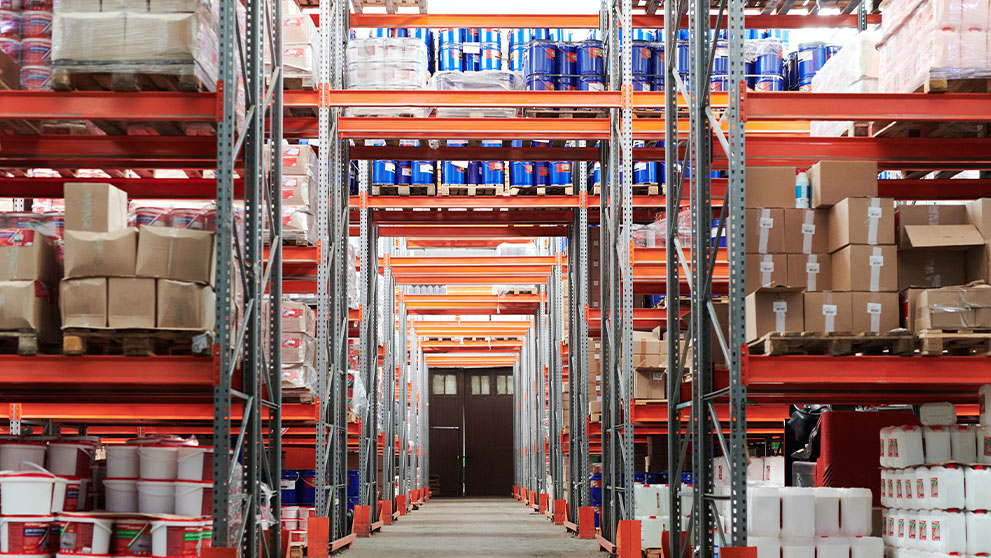Shipping mistakes are not uncommon when exporting overseas. With various shipping regulations to consider, we understand that the process can be confusing. There are also additional requirements to maintain the integrity of your shipments, so they are delivered safely and in a timely manner to your customers.
If you’re a new business owner or just stepping into the world of international shipping, this handy guide will help you sieve out any issues in your processes. We dive into the five common shipping mistakes and how you can avoid them.
1. Mistiming imports and exports
Business owners may run into shipping problems when they do not plan their imports and exports of products with accuracy. Whether it’s a wholesale import you’re receiving from a reseller or a bunch of consolidated shipments for different customers in a specific country, all shipments take time to transit. This will vary on the type and size of your cargo, further complicated by shipping regulations that require more stringent scrutiny of products at customs. Paying attention to these is key.
How to avoid mistiming of goods delivery
Before promising your customers on their delivery dates, be sure that your shipments will arrive and be exported on or before schedule. When you work with a reliable shipping company, you can reach out to their customer service specialists for approximate transit times from one country to another. They may also advise on any additional protocols along the way that could add to the shipping duration. That way, you’ll be able to provide a safer and more accurate delivery schedule for your customers.
2. Not insuring your goods before shipping
Ever thought to yourself what could go wrong with your international shipments? Think about damaged or lost goods, and you’ll know why shipping insurance is so important. You might look at the price of insurance policies and figure that you could do without the additional costs. But, think again. The consequences of damaged or lost shipments are plenty. For one, you’ll incur the costs of damaged or missing goods. In addition, your customers may seek a refund for damaged goods or delayed deliveries. Replacing the shipment with new goods is inherently loss-making as well.
How to avoid unnecessary costs of uninsured damaged goods
Never forget to insure your goods. Your courier service provider will definitely do all they can to ensure your goods are delivered safely, but nobody can anticipate the unexpected. Purchasing shipment insurance will offer financial protection in the event of shipping problems like damage or loss – you can use your claimed amount to offset the costs required to replace damaged goods with new ones and provide refunds or additional incentives to customers who experienced a delay in their deliveries.
3. Not understanding shipping regulations
As with most countries, Malaysia has its own set of shipping regulations to abide by when importing or exporting cargo into the country. For the inexperienced, this can be too much information to follow. At times, it can be difficult to understand the jargon that comes along. And what happens then? Missing shipping documents and incorrectly applied Harmonised System (HS) codes can stall the clearance process, causing delays. Not acquiring the appropriate licences for restricted goods can lead to a confiscation of goods, which results in a loss of money.
How to avoid incomplete understanding of shipping regulations
When you work with a trusted shipping and logistics partner, you can rest assured that you’ll have an experienced team of specialists to rely on for the latest updates on the regulations. Whether they’re laws for exporting food like durians from Malaysia or when clearing these products at customs in your destination country, you’ll remain up to date with all the requirements.
4. Wrongly labelling your goods
Incorrect labelling of your goods can lead to various types of problems. For instance, if you skip the Fragile label on a box of wine bottles or drop the goods description on your label altogether when shipping, warehouse attendants may not understand what the box contains. As such, they may not be able to provide the adequate level of care and attention required since they have not been informed, amounting to unwanted errors like damage. This applies the same when shipping dangerous goods – inadequate handling information can not only cause product damage but also endanger lives.
In other instances, incomplete shipment labelling may force customs authorities to unbox your shipment to source for suspicious items, which may impact the integrity of your goods.
How to avoid labelling errors when shipping
Before shipping overseas, consult your logistics provider on the type of labels you will need to put on your boxes. You can also request for assistance on the information you need to provide on these labels. These typically include:
Return and destination addresses
Package description of each item
Number of items and sizes
Weight of package and of each item
Tracking number or shipping barcode
Service type - Standard / Priority / Express
Unidirectional code
Routing number
Postal barcode
Any special instructions
You may also gain access to digital tools that help you create and print your labels with clarity. These handy tools already come with pre-determined sections and intuitive dropdown menus to make preparation a breeze.
5. Inadequately packing your goods
When you do not pack your goods properly, they will more likely be damaged during international transit. Some packing errors include:
Inadequate cushioning between items in a box as well as between items and the walls of the box
Not protecting fragile items with additional packing material
Using too small or big box to place items
Damaged goods caused by these issues will incur costs, and customers looking forward to their products will have a negative impression of your brand when they receive a faulty product. While a common shipping mistake, incorrect packaging is easy to avoid as long as you use the right ones.
How to avoid packaging errors when shipping
Your product packaging can help you cement brand identity, but you do not want to compromise on safety. That’s why, selecting the right packaging materials is essential. These can be characterised into three main categories:
Internal materials: These are materials used to provide the first level of protection to products, such as polybags and bubble wrap.
External materials: The additional layers used to protect items within the package as well as the box the products are packed in. Examples include stretch films and corrugated cardboard boxes.
Filling materials: These materials deliver the cushioning required to increase protection, and often come in a variety, such as styrofoam inserts, shredded paper void fill and packing peanuts.
What you will need will differ across the type of products. For instance, if you’re shipping perfumes out of Malaysia, you’ll need to ensure each bottle is bubble wrapped and then further protected by a stretch film. They should be placed in a well-cushioned box to eliminate any breakage during shipping. Similar materials will be required when exporting cosmetics. When sending durians overseas, you will also need to consider temperature-sensitive packaging like polystyrene foam box with ice gel to keep the durians cool.
How can businesses handle cross-border deliveries effectively?
Eliminating the occurrence of shipping errors can go a long way in ensuring smooth cross-border deliveries. It is therefore important for businesses to understand the customs clearance in Malaysia and their destination countries to avoid running into issues like delays. At the same time, they should keep up to date with the ever-changing taxes and duties regulations. And being mindful of packing requirements can help protect your parcels from point to point, so you can worry less about safety and channel your energy to other aspects of your business.
Working with an experienced international shipping and logistics partner can take much of the load off your shoulders. You’ll be able to minimise and eventually eliminate mistakes in your next shipment.

